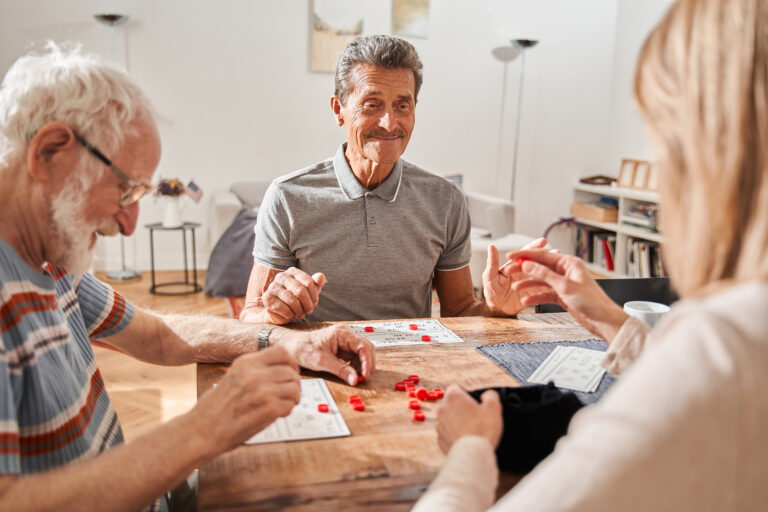Age stereotypes are ideas or beliefs about what people of certain ages can or cannot do. These ideas often don’t match reality, but they still affect how we see ourselves and others. Challenging these stereotypes is important because it helps everyone live fuller, happier lives.
One big reason to challenge age stereotypes is that they limit people’s opportunities. For example, older adults are often seen as less capable or less willing to learn new things. This can lead employers to overlook their skills and experience when hiring or promoting staff. But many older workers bring valuable knowledge and strong work ethics that benefit workplaces greatly. When we break down these false ideas, more doors open for people of all ages to contribute meaningfully.
Younger people also face pressure from age stereotypes. Society often expects youth to look a certain way or behave in specific ways, which can cause stress and lower self-esteem if someone doesn’t fit those expectations. This pressure may even affect their school performance or career choices because they fear being judged based on their age rather than their abilities.
Another important reason is the impact on social connections and mental health. Older adults sometimes feel invisible or ignored because of assumptions about aging—like thinking they are frail or forgetful—even when this isn’t true for many individuals. This kind of exclusion leads to loneliness and sadness, which harms overall well-being.
Challenging age stereotypes encourages respect between generations by showing that every stage of life has value and unique strengths. It promotes understanding instead of judgment, helping communities become more inclusive places where everyone feels seen and appreciated.
Finally, breaking free from these limiting beliefs benefits society as a whole by making better use of talents across all ages — whether it’s young innovators bringing fresh ideas or experienced elders offering wisdom gained over time.
In short, questioning age stereotypes helps create a world where people aren’t boxed in by outdated views but are free to grow, learn, work hard, connect with others—and simply be themselves at any age.





